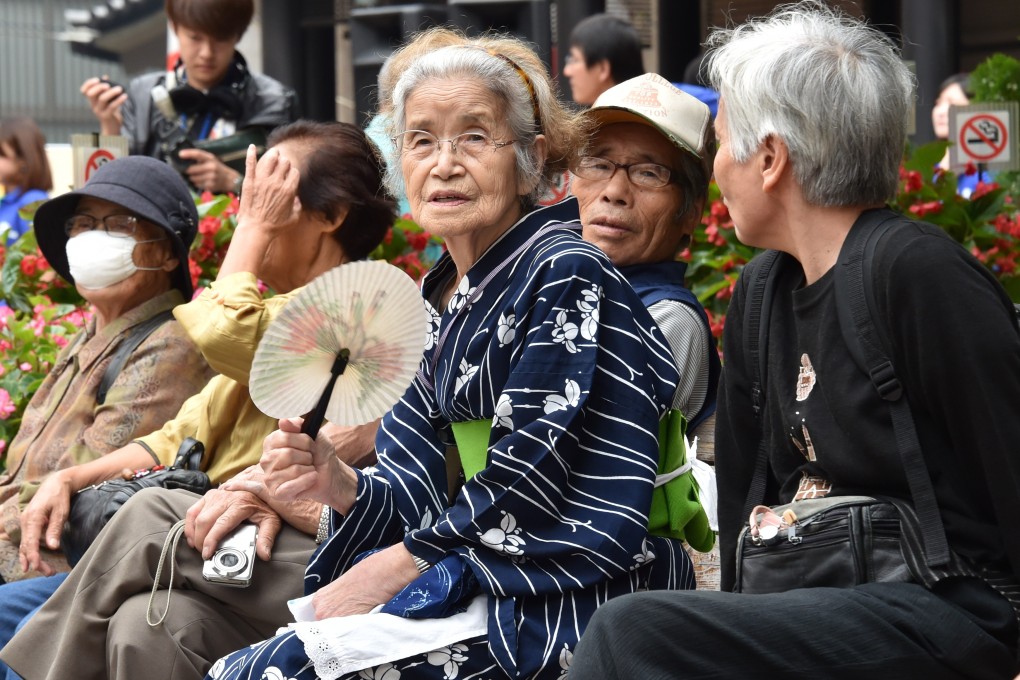Are blue zones a scam?
The secret to longevity seems to be bad data and record-keeping, finds a new study

Most of what we know about humans living to very old age is based on faulty data, including the science behind the “blue zones” famous for having a high proportion of people over 100, according to one researcher.
The desire to live as long as possible has driven a booming lifestyle industry selling supplements, books, tech and tips to those wanting to learn the secrets of the world’s oldest people.

But Saul Justin Newman, a researcher at University College London’s Centre for Longitudinal Studies, told AFP that most extreme old age data “is junk to a really shocking degree”.
Newman’s research, which is currently being peer-reviewed, looked at data about centenarians and supercentenarians – people who live to 100 and 110 – in the United States, Italy, England, France and Japan.
Contrary to what one might expect, he found that supercentenarians tended to come from areas with poor health, high levels of poverty – and bad record-keeping.
The true secret to extreme longevity seems to be to “move where birth certificates are rare, teach your kids pension fraud and start lying”, Newman said as he accepted an Ig Nobel Prize, a humorous version of the Nobel, in September.
